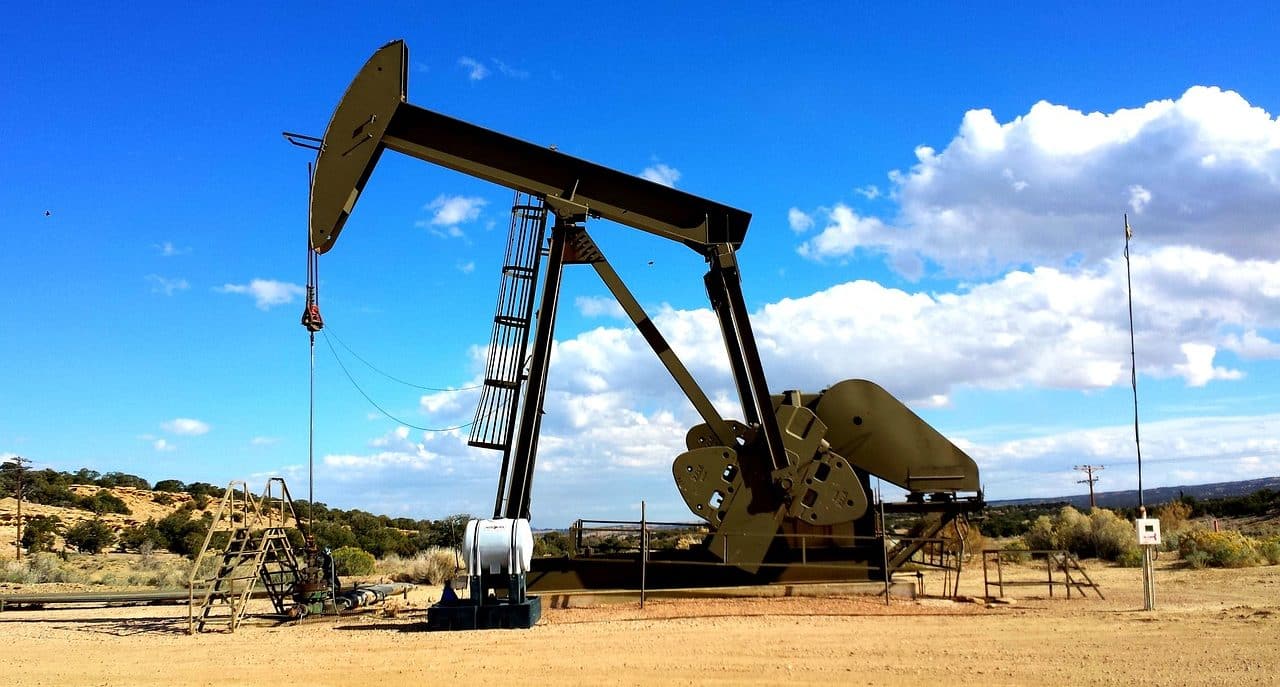
Oil is an English term that can be translated as "petroleum."
Oil is an English term that is not part of the dictionary of the Royal Spanish Academy (RAE) . The concept can be translated as “petroleum” or “oil” , according to the context.
Standard Oil , for example, was one of the largest oil companies in the world. Founded in 1870 in the United States , it had to be dismembered into several companies in 1911 , because it was considered a monopoly by the authorities. ExxonMobil and Chevron are some of the current companies that emerged after the end of Standard Oil .
It is possible to find a large number of companies that include the term Oil in their name, such as National Oil Corporation (of Libya ), Iraq National Oil Company and Kuwait Oil Company , among many others. As can be assumed, these are oil companies that include “oil” in their name because of its meaning in English.
Expo Oil & Gas
A major oil exhibition called Expo Oil & Gas is held in several countries. In the case of Colombia , for example, it arose from the need to present a broad commercial exhibition that highlights how important the hydrocarbon sector is for the Latin American country. The proposal is organized by the Colombian Chamber of Petroleum Goods and Services together with Corferias .
Expo Oil & Gas is also held in nations such as Argentina and Mexico . The objective is always to promote the growth of the hydrocarbon industry.

Many oil companies have the term oil in their name.
a set of languages
The word that does appear in the RAE dictionary is oil , with an accent on the letter I. Languages that were spoken in certain French regions in ancient times, in part of Switzerland, the Channel Islands and Belgium, are known as oil languages .
Oil languages are defined as Romance languages , that is, they derive from Vulgar Latin . In fact, current French can be included within the group of oil languages, although it includes other influences that have nothing to do with Latin.
Beyond French, certain oil languages currently exist, although marginally and with very limited scope. Walloon , spoken in some regions of France , Belgium and Luxembourg , is one of them.
The predominance of standard French over oil languages
Although the various literary patterns of the oil languages in the Middle Ages could have led to a reality in which each of them retained their importance in the area in which they were spoken, the fact that the kingdom of France became centralized and the influence it had both inside and outside its borders caused a large part of these languages to be forgotten over several centuries.
One of the theories that explain the predominance of Standard French is called Franciana , following the homonymous oil language that was spoken in the Paris region and, consequently, at the court of France . The French language became the official language of the entire kingdom simply by being the one spoken by the monarch and, over time, became the basis of modern French. It is worth mentioning that, although this theory is frequently cited in popular science texts, there are scholars who recommend discarding it.
On the other hand is the theory of the lingua franca, supported by a large part of the linguists dedicated to the study of oil languages and the predominance of standard French over the others. Basically, it is explained that the French that imposed the ordinance of Villers-Cotterêts (a document signed by King Francis I in 1539 that, among other issues, reformed ecclesiastical jurisdiction) as a replacement for Latin was not an oil language, but a generalized administrative that had been obtained from the elimination of certain regional features, making it understandable to everyone (a lingua franca).
